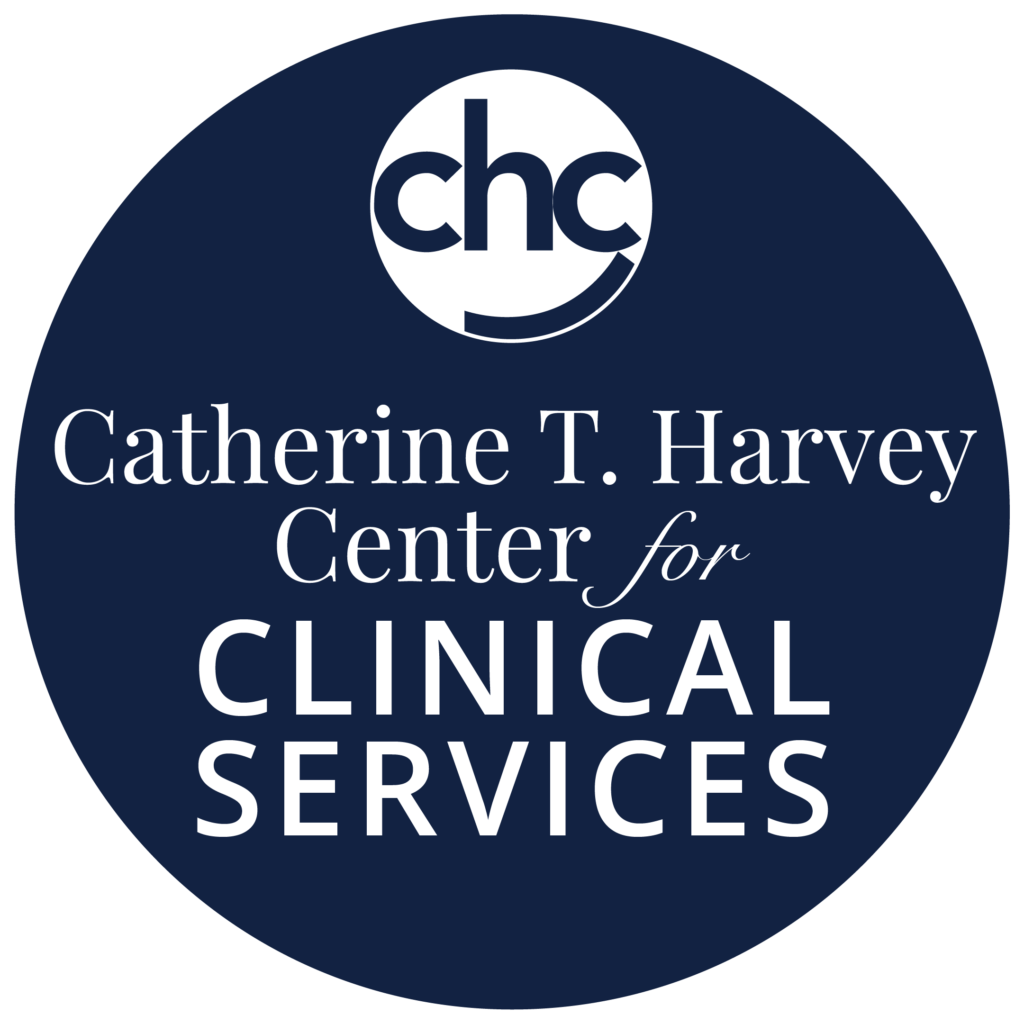By Vidya Krishnan, MD
Chief Psychiatrist and Medical Director
When it comes to youth mental health, families deserve clear, research-backed information and access to a full range of treatment options. From well-being support and therapy to medication when needed, every individual’s mental health journey is unique—and their care should be guided by trained professionals who empower them with choice.

Mental health issues are complex, and influenced by a unique mix of biological, psychological, and social factors. Many of these factors are beyond a person’s control. But some issues can respond to our efforts to address them, either independently or with professional help. What is required to support each person through their mental health journey is a broad array of interventions that are just as multi-dimensional as the factors that went into them needing clinical support in the first place.
When it comes to mental health challenges, it is important to distinguish personal well-being from diagnosed mental health conditions. Establishing and maintaining well-being involves nutritional balance, healthy sleep practices, regular physical activity, relationships and community, safety, stress management, financial stability, and a sense of meaning or purpose in life. Enhancing personal well-being can be a powerful weapon in prevention of (and recovery from) mental health challenges.
However, I can also state with absolute certainty that once disease patterns have been established, well-being measures alone are not sufficient to address them. In fact, this might need to be when medications need to be strongly considered.
While there has been a lot of progress in the field of pharmacotherapy (the use of medication for mental health issues), there is still much more to discover. I strongly support additional research to better understand mental illness, find newer and better ways to treat them, and develop better tolerated and more effective medication to address the pain and suffering of our fellow humans. But in the meantime, we have an array of resources available to best help those in severe distress NOW. For all the challenges that come with medication, on balance, a far greater number of struggling individuals have been helped by these interventions than not. With the help of medication, many patients have gone on to have robust lives with careers, families, and fulfilling lives. Others have successfully reduced their suffering, allowing them to re-engage with school, work, their family, or society at large.
Medications like antidepressants (SSRIs), antianxiety medications, stimulants, mood stabilizers, and antipsychotics have come under severe attack in recent times. Rather than looking to find their rightful place in the treatment pantheon and rebalance the pendulum, some voices are calling for us to lay down some of the only effective weapons we have in the fight against significant mental health struggles and their devastating effects.
Let us give children and families who are struggling with mental health the best quality of information grounded in research; access to the full complement of treatment options that includes well-being support and psychological intervention alongside medications; and the right to choose the best treatment for their unique situation, guided by well-trained professionals who support a combined and balanced approach—and not make decisions or choices for patients by taking away the only agency they have to navigate their challenges.







